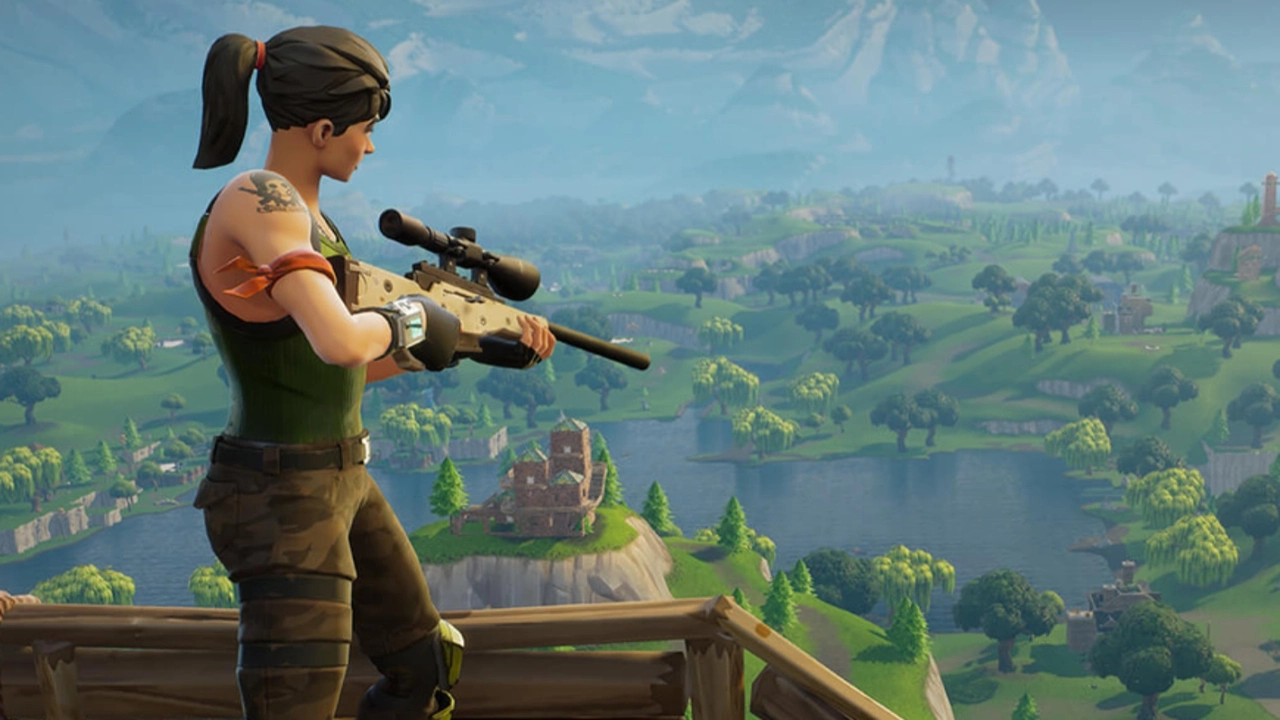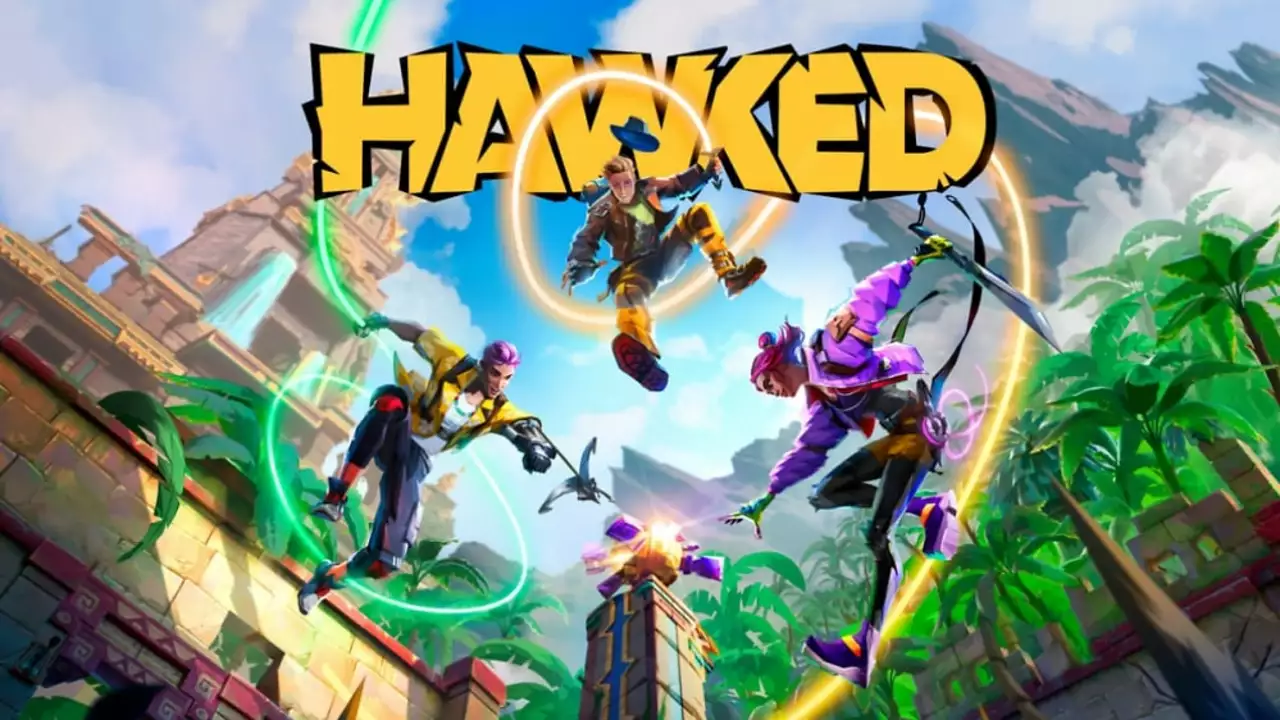August 2023 Gaming Archive
Welcome back, gamers! This month we dug into two hot topics that sparked a lot of debate. First, we asked if any free‑to‑play games can actually outshine Fortnite. Then we tackled the mystery of why old video games don’t get a free comeback. Both pieces are packed with real examples and clear explanations, so you can walk away with answers you can use.
Free‑to‑Play Games Better Than Fortnite
Fortnite dominates the headlines, but the free‑to‑play world is much bigger. Games like Warframe offer deep combat systems, endless loot, and a sci‑fi story that keeps evolving. If you love fast‑paced shooters, Apex Legends gives you tight gunplay, unique hero abilities, and a polished map rotation that feels fresh every season.
Then there’s Path of Exile, a dark fantasy ARPG that rivals the biggest paid titles with its massive skill tree and regular league updates. It’s perfect for players who enjoy building complex characters without spending a dime. Each of these games brings something different to the table—whether it’s story depth, tactical shooting, or character customization—making them strong contenders against Fortnite’s battle‑royale formula.
What’s more, all three games stay free by offering cosmetic items or optional loot boxes, so you never have to pay to stay competitive. If you’re looking for a change of pace, try one of these titles and see which fits your style best.
Why Old Video Games Aren’t Free to Re‑Release
Many fans wonder why classic games don’t get a free re‑release. The short answer: making a game costs money, even years later. Studios still need revenue to support staff, new projects, and to cover the original development expenses.
Licensing adds another layer of complexity. Older games often use music, brand names, or technology that belong to third parties. Untangling those rights can be as tricky as solving a puzzle with missing pieces, and it usually requires legal fees and new agreements.
Finally, there’s the technical hurdle. Games built for old consoles or PCs don’t run smoothly on modern hardware without updates. Porting a title involves rewriting code, fixing bugs, and testing on today’s devices—a process that costs time and money. Because of these factors, studios typically charge a small fee or bundle the game with other content rather than offering it for free.
Bottom line: you’ll probably keep paying a little for classic games, but the effort ensures they run well and respect the rights of everyone involved.
That wraps up our August roundup. Whether you’re hunting for a fresh free‑to‑play adventure or trying to understand the economics behind game re‑releases, we hope these insights help you make smarter choices and enjoy more gaming time. Keep checking Neato Fun Gaming for the latest tips, reviews, and news—you’ve got a community here that loves talking games as much as you do.
 Aug, 3 2023
Aug, 3 2023
